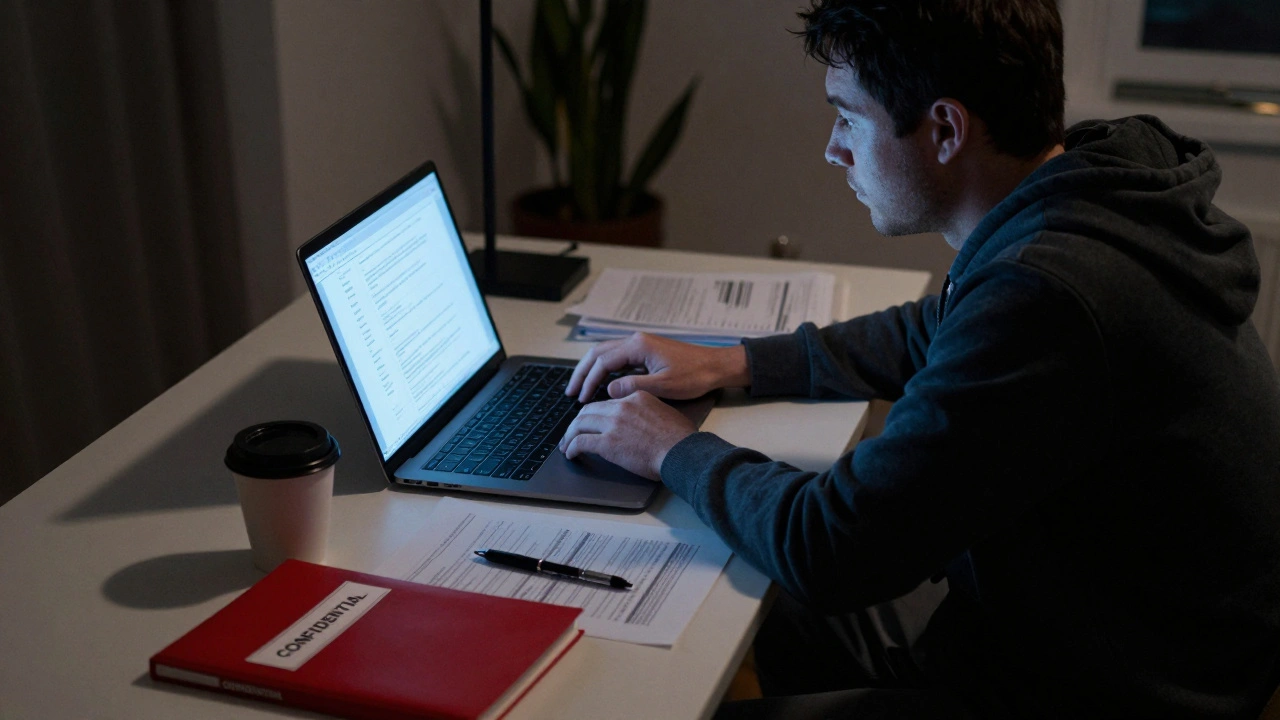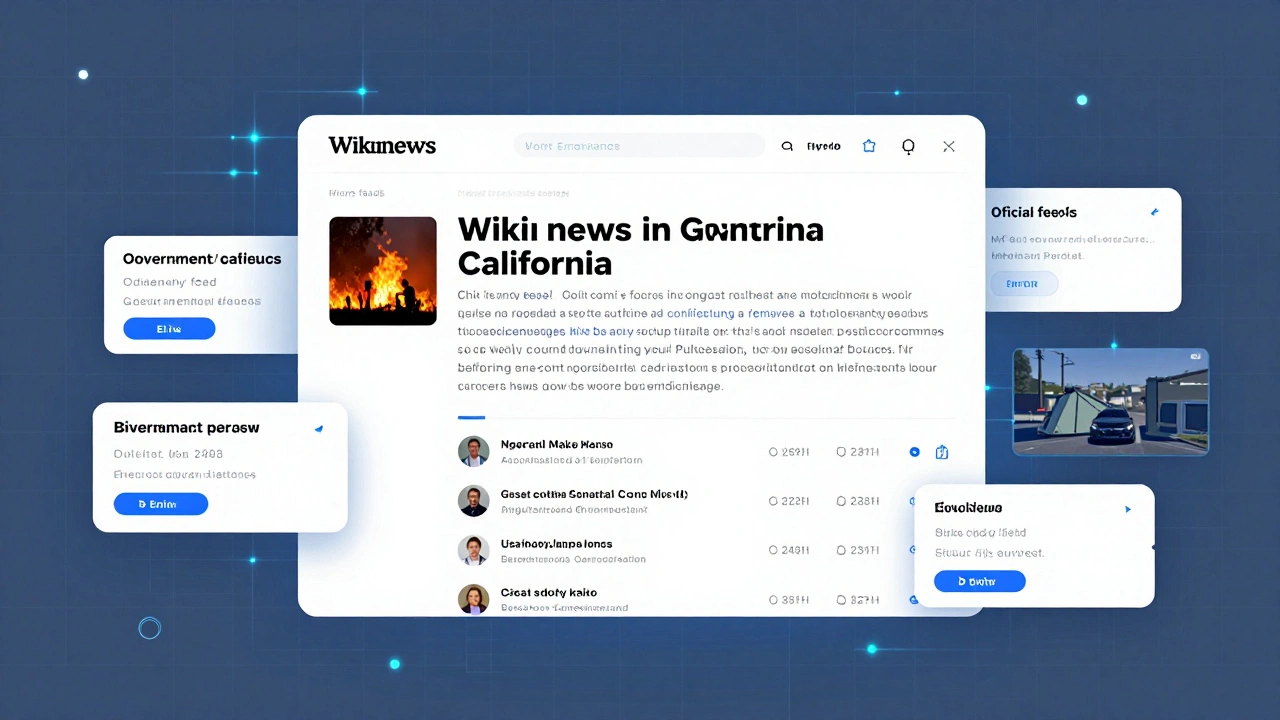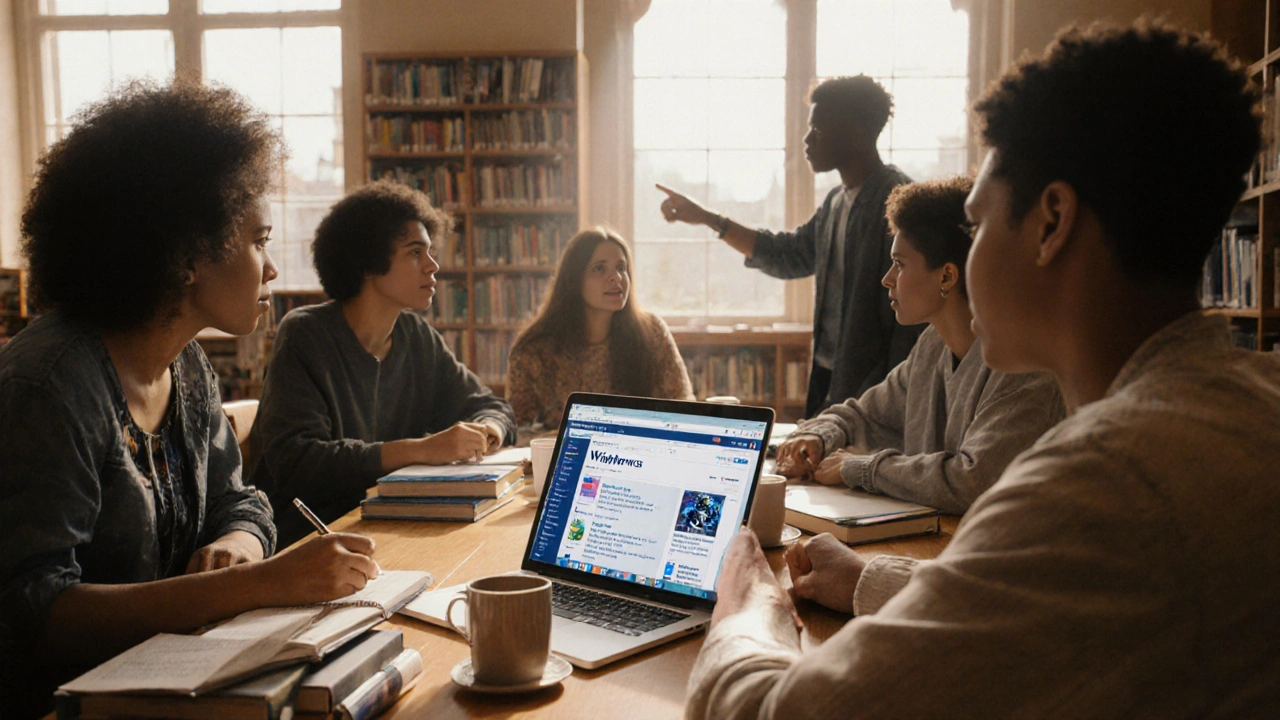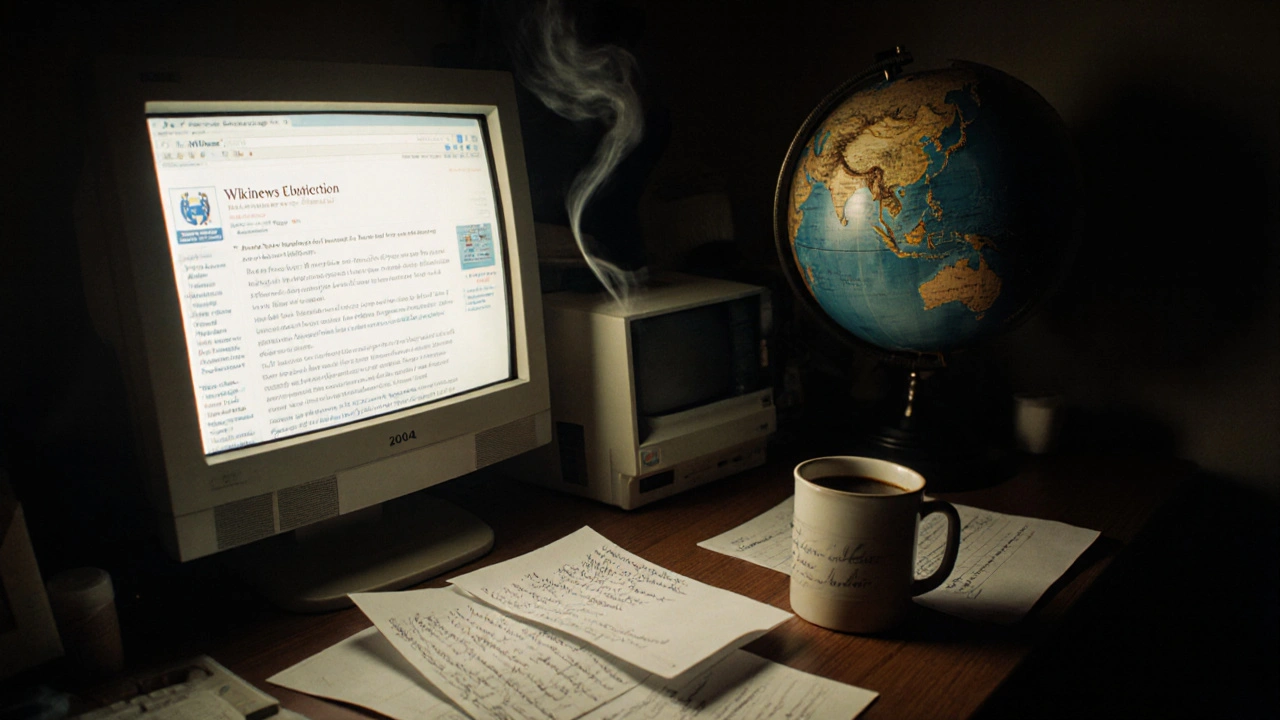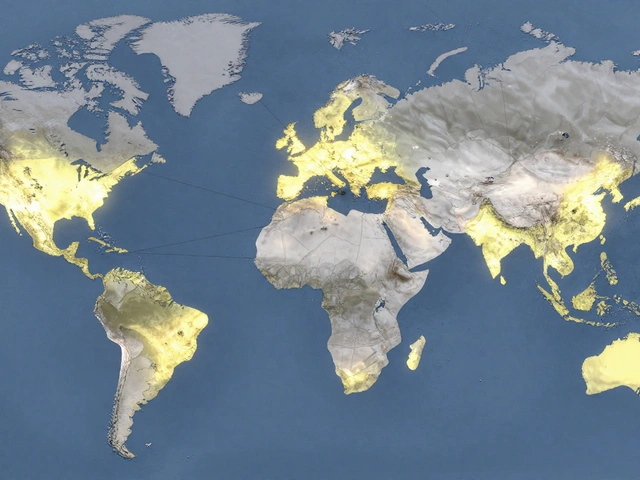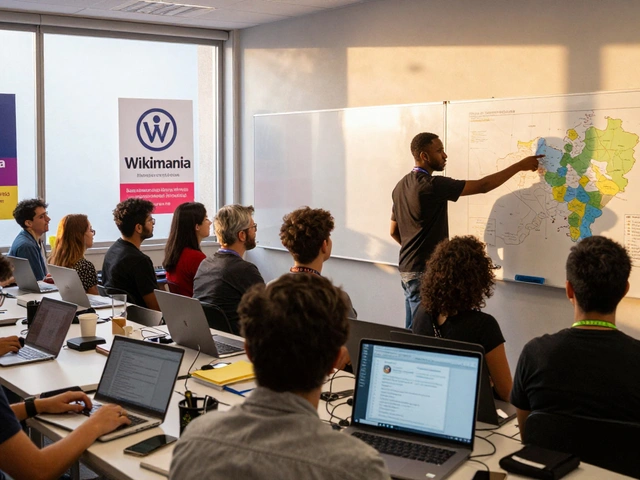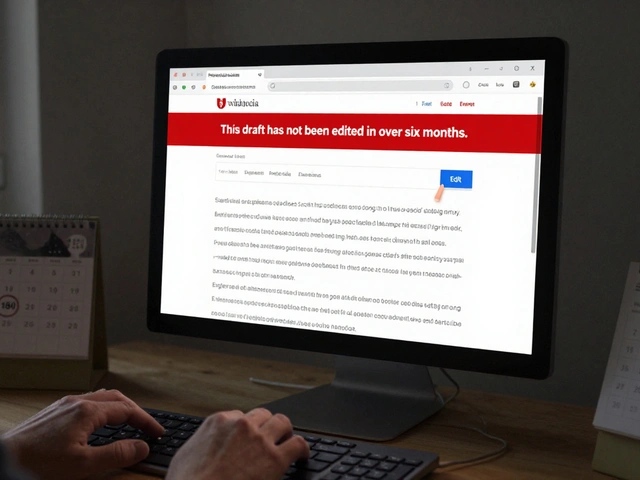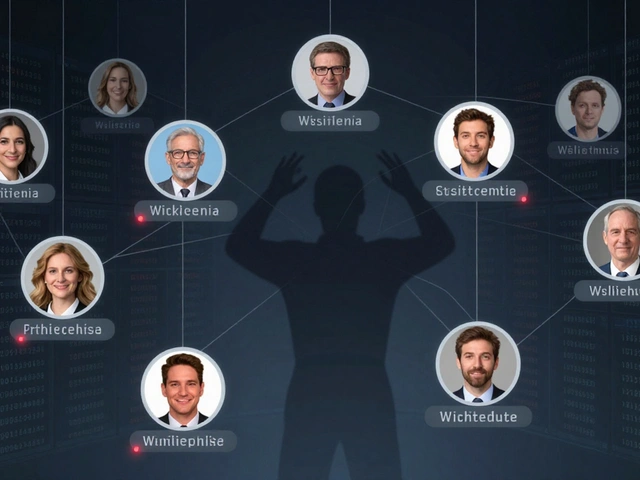Citizen Journalism and How Wikipedia Powers Volunteer-Driven News
When you think of citizen journalism, news created by ordinary people, not professional reporters, often using digital tools to report on local events and undercovered issues. Also known as participatory journalism, it’s not just a trend—it’s the backbone of how Wikipedia and Wikinews stay alive. Unlike traditional newsrooms, this model doesn’t rely on editors with press badges. It depends on people who show up, check sources, and fix errors—even when no one’s watching. You don’t need a degree to be part of it. You just need to care enough to ask: Is this true?
This kind of journalism lives in the quiet corners of Wikipedia: in the edit histories of obscure local elections, in the footnotes added to articles about community protests, in the way someone in Nairobi updates a page on a drought after talking to farmers. It’s not glamorous. It doesn’t get clicks. But it’s what keeps Wikipedia from becoming just another echo chamber. The Wikinews, a free, volunteer-run news site built on Wikipedia’s infrastructure, where contributors write original reports based on verified facts. It’s not a blog. It’s not a press release. It’s a newsroom with no paychecks, where every story has to be backed by a public source. And it’s dying—not because people don’t want to write, but because there’s no support. No funding. No training. No recognition. Meanwhile, open knowledge, the idea that information should be free to use, share, and build upon without legal barriers. is what makes this all possible. Without CC BY-SA licensing, none of this would work. No one could reuse, translate, or verify what’s written here.
Citizen journalism on Wikipedia isn’t about replacing reporters. It’s about filling the gaps they can’t reach. When a factory closes in a small town and no news outlet sends someone, a local editor adds the facts. When a protest gets ignored by mainstream media, someone digs up photos, quotes, and official statements. This isn’t opinion. It’s evidence. And it’s why people still trust Wikipedia more than AI tools that can’t explain where their answers come from. The posts below show how this system works—how volunteers fight bias, build source lists, handle harassment, and keep the truth alive without a salary. You’ll see how Wikinews struggles to survive, how journalists use Wikipedia as a research tool, and how systemic gaps in coverage are being fixed by people who refuse to look away. This is journalism by the public, for the public. And it’s still here.
Notable Interviews and Investigations Published by Wikinews Reporters
Wikinews reporters have published groundbreaking interviews and investigations that expose corporate misconduct, election fraud, and suppressed data - all without ads or paywalls. Their work is transparent, verified, and built by volunteers.
How Wikinews Handles Breaking News and Real-Time Reporting
Wikinews publishes breaking news in real time using volunteer contributors and open collaboration. Unlike traditional outlets, it updates stories live with verified sources, making it a transparent alternative for fast, accurate reporting.
Wikinews Outreach: How to Attract New Volunteer Journalists
Wikinews relies on volunteers to report original news without ads or corporate influence. Learn how to attract and support new citizen journalists who want to make a real impact-no experience needed.
The History and Evolution of Wikinews Since Its 2004 Launch
Wikinews launched in 2004 as a volunteer-driven news site using Wikipedia’s open model. Though it never went mainstream, it pioneered transparent, source-based journalism and still operates today as a quiet archive of verifiable reporting.
Legal Risks on Wikinews: Libel, Privacy, and Jurisdiction Explained
Writing for Wikinews carries real legal risks-libel, privacy violations, and cross-border lawsuits. Learn how to report safely without exposing yourself to lawsuits.
